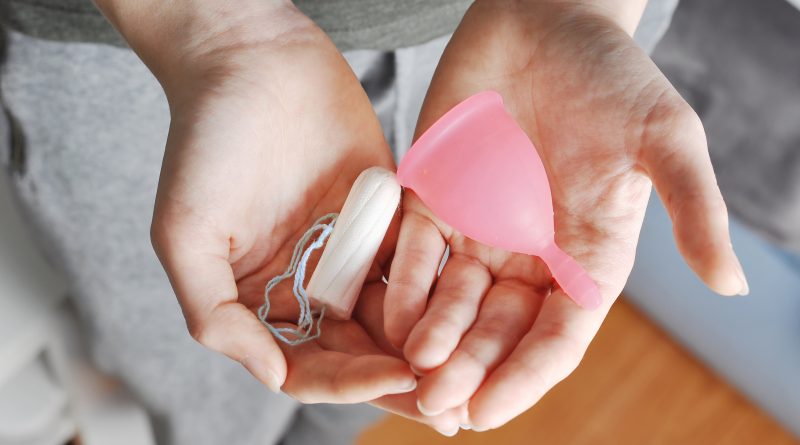Greenwashing Plastic: The Problem with Plant-Based Tampon Applicators
Adapted from ‘The Shocking Truth About Plant-Based Plastic Applicators’ from natracare. Article available at: https://www.natracare.com/blog/shocking-truth-plant-based-plastic-applicators/
As awareness of the many threats to our environment rises among global citizens, large corporations are beginning to brand themselves as beacons of sustainability in order to remain relevant among a consumer base that is increasingly demanding eco-friendly products. However, buzzwords like ‘plant-based’ used in marketing to increase product appeal are often misleading, and can cause users to misinterpret the environmental impact of a product. This is called ‘greenwashing’, in which corporations depict their products to be more environmentally friendly than they actually are, leading to misperceptions among consumers regarding companies’ environmental responsibility.
For example, Greenpeace Laboratories analysed the composition of several tampons that are sold with plastic applicators, and found that the chemical composition of ‘plant-based’ plastic applicators was identical to their oil-based counterparts. The primary component of the plant-based products was found to be polyethylene, which does not biodegrade. Thus, these plant-based plastic applicators have no environmental advantage over conventional applicators, despite marketing that would suggest otherwise.
While there are some plant-based plastics that are compostable, this is not always the case, contrary to the connotations of the term ‘plant-based’. 78% of surveyed menstruators believed that plant-based plastic was biodegradable, highlighting the misleading nature of the expression. Despite this disappointing reality, consumers should be made aware that truly eco-friendly options do exist – such as tampon applicators made with cardboard, or tampons which do not use applicators at all.



